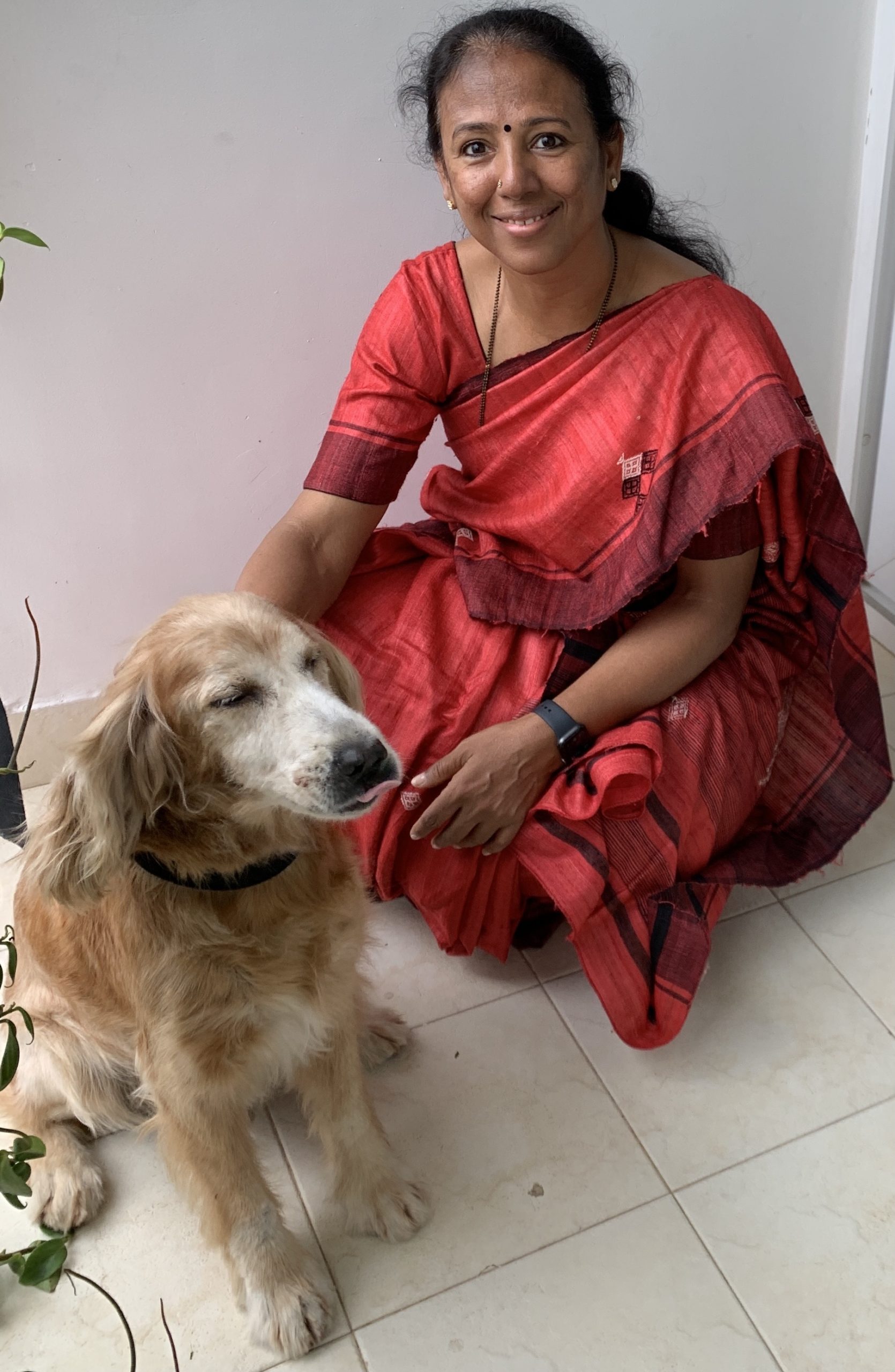Dog People and Cat People
Studies indicate the pet you keep reflects the kind of personality you have! Dog people are extroverts, and cat people are introverts! Canines and felines have a different history of domestication, different needs, eating habits and behaviour, and different cultures treat them differently.
Dogs were evolved from wolves, whereas the cats from lions. Research indicates that cats share the dominance, impulsiveness and neuroticism seen in the African lions. On the other hand, researchers have analysed the DNA of dogs and found its relation to grey wolves. Many scientists confirm that dogs lent themselves for self-domestication, after which the physical changes appeared over time.
As a result, both dogs and cats are carnivorous animals. It is argued that dogs are omnivorous like pigs and men since they have a longer intestine than cats and have been adapted to eating grains. Not the longer intestine but, the stronger intestine makes an animal resort to digest herbal diet. Both cats and dogs have weak intestines and cannot digest the plant source. Hence, both of them are carnivorous. While cats cannot survive without eating meat, domesticated dogs can eat a grain-based diet that makes them omnivorous.
Symbolically dogs are territorial. In Hindu Mythology, dogs are considered to be the protectors of the gates of heaven and hell. In the Rigveda, Samara, the mother of dogs, assisted Indra in retrieving stolen cattle. On the other hand, cats symbolise mystery and magic, often associated with fear, the unconscious, and hidden things. Christianity connects cats with Satan, witches, evil and other negative things. While Hindus consider encountering a black cat before their journey is a bad omen, the Japanese consider it a good sign. Egyptian Pharaohs worshipped cats as goddess Bastet. If a household cat died, the whole Egyptian family would mourn and shave off their eyebrows.
In Nepal, the second day of Diwali is celebrated as ‘Kukur Tihar’, a Day of dogs, worshipping dogs as the messengers of Yama, the God of death. As a part of thanksgiving to dogs for their loyalty and protection, Nepalese decorate their household dogs with flowers, balloons, vermillion tika and feed them good food. Similarly, the Festival of cats “Kattenstoet” is celebrated in Ypres in Belgium once in three years every second Sunday of May, commemorating the practice of tossing cats from the tower of cloth hall to keep their number in control. In the Middle Ages, cats helped guard textiles kept in City Hall from rodents, but once fabrics were sold, the cats tended to increase in number. So, they were thrown out of the City Hall. At present, the festival is celebrated as a parade. A jester tosses children’s toy cats from the City Hall down to the people and children. The people participating often dress up like cats, witches, mice or town people from the Middle Ages.
Interestingly, the motive for having a dog as a pet for dog lovers is companionship, whereas it is affection for cat lovers. Research indicates that a dog person is more accommodating, willing to work harder at relationships, and lives a more complicated life, in short, an extravert since a dog makes many friendships with young and old with its impressive, expressive face interacting with all the social admirers during its regular walks. On the other hand, cat people are introverted and neurotic. They tend to be more non-conformist. The pet one identifies with will reflect their political view. A survey by Time showed that the liberals preferred cats, while conservatives were likely to be dog people. Coming to gender, women are stereotyped as cat people and men as dog people and a man with a cat are thought to be gay! All the above research is funded by the pet industry, which supports the sale of animals and animal products!
Let us again consider Winston Churchill’s remark, “Dogs look up to us. Cats look down at us!” It doesn’t matter the way the dogs and cats look at us. Dogs and cats are two different animals with different origins, different needs, different behaviour patterns. Human beings treat them differently according to their own influences of culture, media and or internet. It is not so important whether you are a dog person or a cat person. What is more important is “Are you capable of having a pet? Any pet?”

